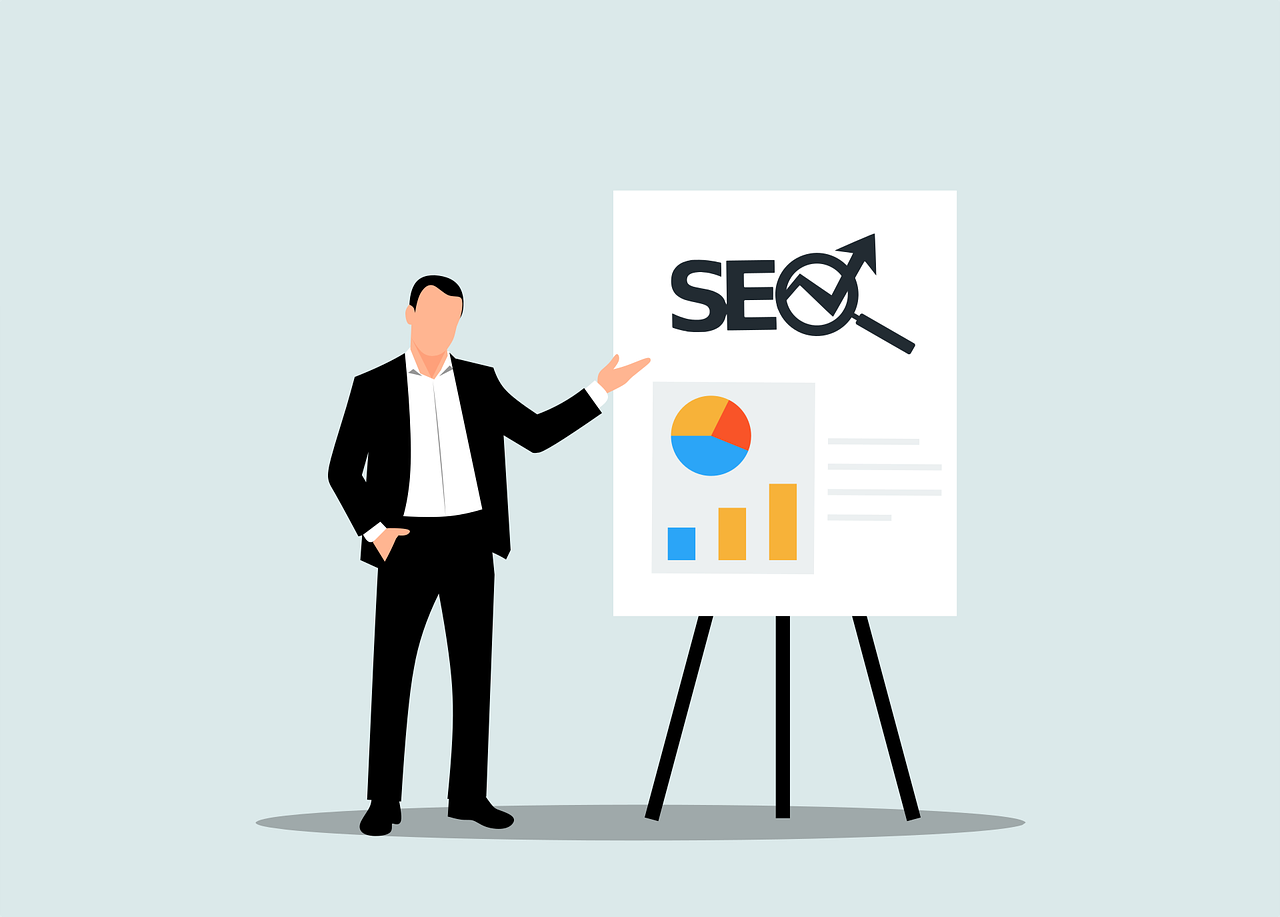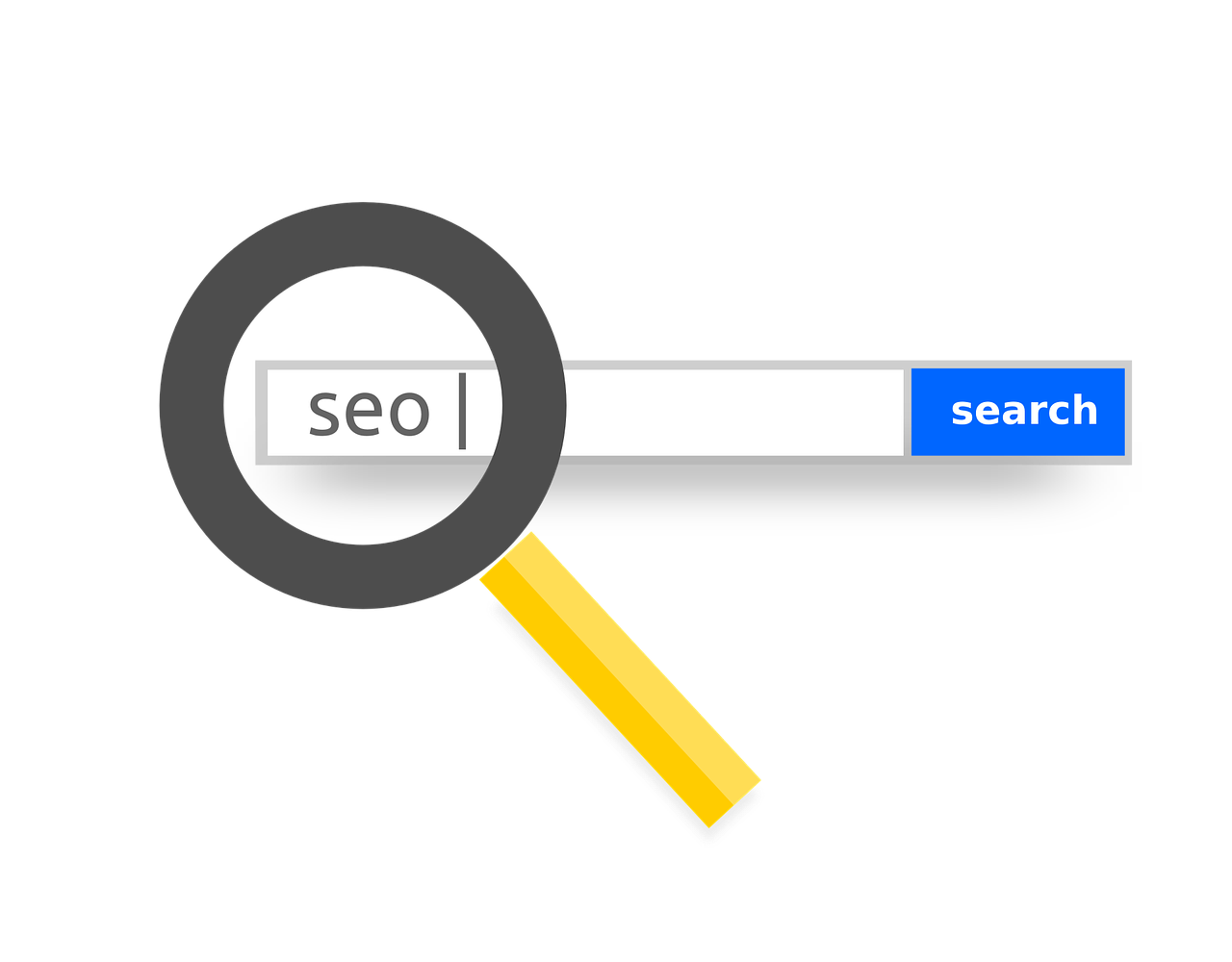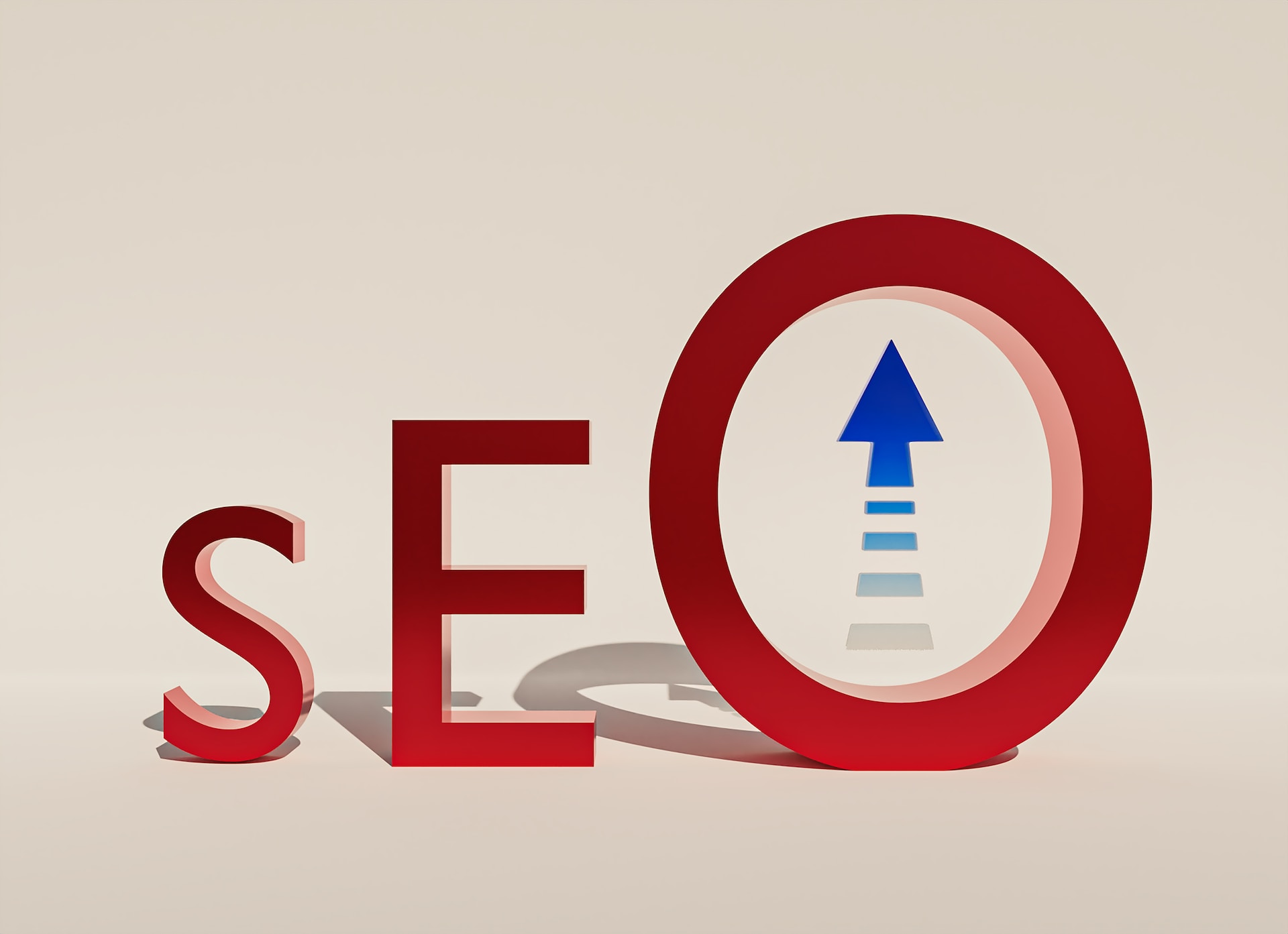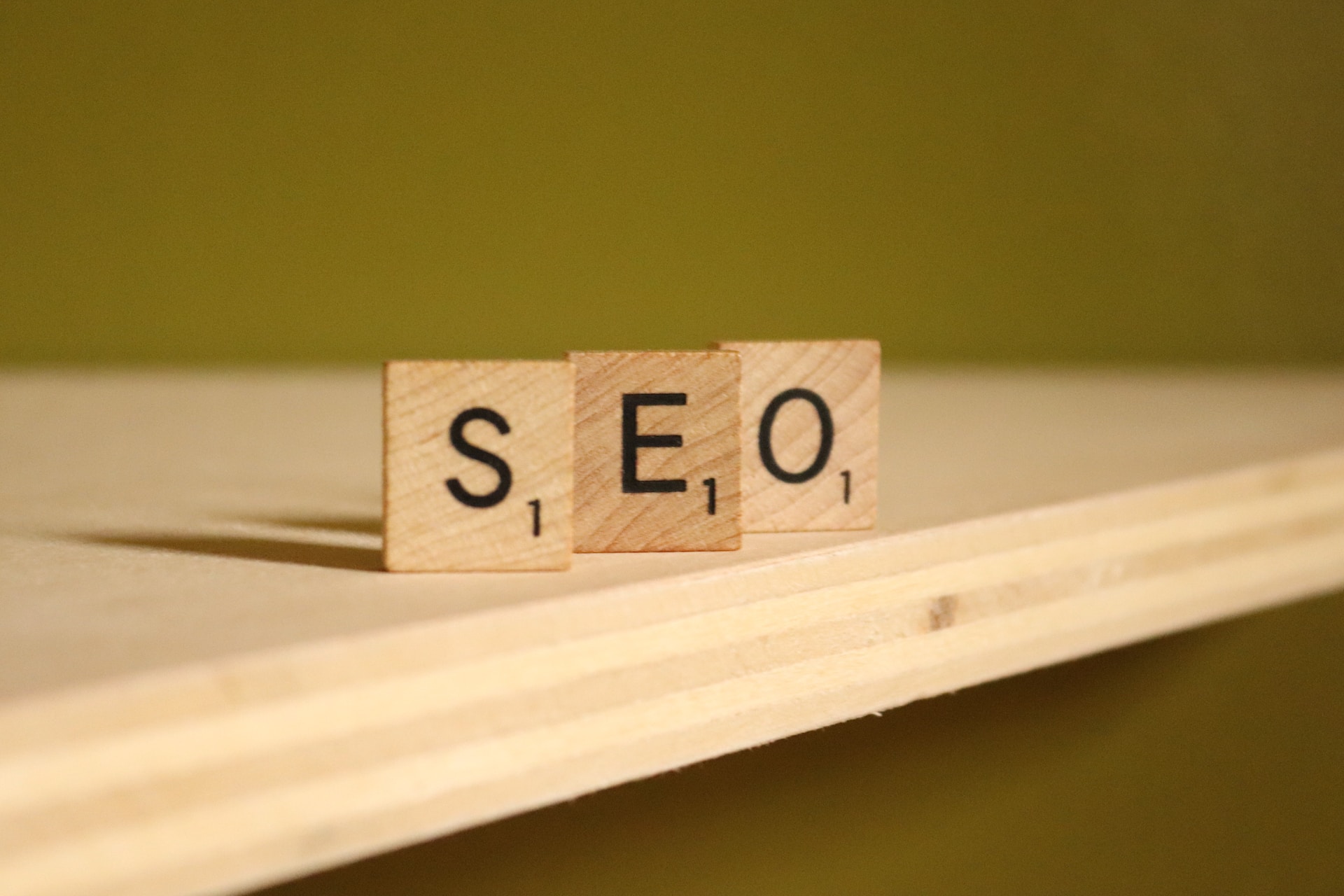Is SEO Worth it for a Small Business and How Does it Work
For small businesses, SEO (Search Engine Optimization) can be a great way to get noticed online and bring in new customers. Unlike traditional ads, SEO helps your website appear in search engine results without having to pay for every click. By making your website more visible on Google, Bing, and other search engines, you increase the chances of people finding your business when they search for products or services you offer.
SEO takes time, It’s not something that will work overnight. You need to consistently improve your website and create helpful content for your customers. It can take months to see results, as search engines need time to notice and rank your site. Once you start ranking higher, SEO can bring a steady flow of traffic without the need for ongoing payments like with ads.
For small businesses with limited marketing budgets, SEO is often one of the most cost effective ways to grow your brand. While it requires effort and patience, the long term benefits can be well worth it. Once your website ranks well, it can bring in new customers and help your business grow for years to come.
How SEO is Still Relevant in 2024
In 2024, SEO (Search Engine Optimization) is important for small businesses that want to grow online. Even though technology and the rules for search engines are always changing, the main idea of SEO stays the same: it helps your website get found on search engines like Google. Search engines may change how they rank websites, but they still focus on providing the best and most useful content to users. For small businesses that create great content and improve their websites, SEO will continue to bring more visitors and new customers.
SEO matters because people use search engines every day. Whether they’re looking for a product, a service, or just information, most people start their search on Google or another search engine. In 2024, the internet is more crowded than ever, making it harder for small businesses to stand out. SEO helps businesses rank higher in search results, making it easier for potential customers to find them. Without good SEO, your business might get lost in the competition online.
SEO is important because of the growth of voice search and artificial intelligence (AI). As more people use voice assistants like Siri and Alexa, businesses need to change their SEO strategies to match voice searches. This means using more natural, conversational words and phrases. AI is also changing SEO by making it easier for small businesses to improve their websites and compete with bigger companies. As search engines get smarter, small businesses can use SEO to stay ahead.
What Are SERPs and Why Are They Important for Your Business
Before learning how to improve your website, it’s important to know what SERPs (Search Engine Results Pages) are. When you search for something on Google, the list of results you see is called the SERP. These results can include a mix of unpaid listings (organic search results), paid ads, featured snippets, local results, and even images or videos.
With SEO, your goal is to rank higher in the SERPs. The higher your website ranks, the more likely it is that potential customers will see it. Better rankings mean more website traffic, which can lead to more leads and sales for your small business.

Will SEO for a Small Business Become Obsolete?
SEO is not going away anytime soon. As long as people use search engines to find products, services, or information, SEO will still be important for small businesses. Even though search engines like Google are always changing, the main goal of SEO—to help people find your website—will stay the same.
SEO will continue to adapt to new technologies like AI and voice search. This means businesses will need to focus on using natural, conversational keywords and providing high-quality, helpful content. Instead of fading out, SEO will become even more important as online competition grows. Small businesses need to keep up with trends and adjust their strategies to meet the needs of users online.
How SEO Works for Small Businesses
SEO (Search Engine Optimization) can really work for all small businesses; When you use SEO correctly, it helps your business get noticed by people searching for products or services like yours. By improving your website and making it easier for search engines like Google to understand, your business can show up higher in search results. This makes it easier for potential customers to find you online.
For small businesses, SEO is one of the best ways to drive traffic without spending a lot of money. Unlike paid ads, where you keep paying to be seen, SEO can give you long-lasting results. Once your website ranks well for important keywords, it can continue bringing in visitors without extra cost. While it takes time to see results, SEO can be very cost-effective for small businesses with a limited marketing budget.
It’s important to understand that SEO isn’t a quick fix. It can take months to see real changes in search rankings, and the competition can be tough. However, with consistent effort, small businesses can achieve strong results over time.
By improving your website’s content, building backlinks, and focusing on local SEO, small businesses can reach a larger audience and grow their customer base. SEO may take time, but it can be one of the most valuable tools for long-term business success.

Can a Business Survive Without SEO
It’s difficult for a business to thrive without SEO. Most people use search engines like Google to find products and services, so if your business isn’t appearing in search results, you’re missing out on potential customers. While it’s possible to survive without SEO, it makes growth and competition harder, often requiring costly paid ads.
SEO helps increase your online visibility and is a more effective way to attract visitors over time. Businesses that don’t use SEO may struggle to keep up with competitors who rank higher. While other marketing strategies like social media are important, SEO is essential for longer success in today’s digital landscape. Investing in SEO helps your small business grow and stand out in a crowded market.
How Much Traffic Does SEO Bring?
SEO can bring significant traffic to your small business website, especially when it’s optimized well. The more your site ranks for popular search terms, the more likely people are to visit. Websites on the first page of Google generally get the most clicks, with the top positions receiving the majority of traffic. While SEO doesn’t provide instant results, it can bring steady, long-term traffic as your site moves up in search rankings.
How Long Will It Take for SEO to Work for a Small Business?
SEO doesn’t provide instant results. It typically takes a few months to start seeing noticeable changes in your website’s traffic and search rankings. On average, it can take about 3 to 6 months to see significant improvements, depending on factors like the competitiveness of your industry, the quality of your SEO efforts, and how much content you’re adding. While results take time, consistent effort with good SEO practices can lead to long-term benefits, such as increased visibility and more organic traffic.
What is the Success Rate of SEO for a Small Business?
The success rate of SEO varies depending on factors like the industry, competition, and how well your website is optimized. Generally, businesses that follow best SEO practices tend to see positive results over time. While SEO for a small business is a long term strategy, its success rate is high for businesses that are committed and consistent in their efforts.
- Conduct Keyword Research: Identify the best keywords for your industry to ensure you’re targeting terms that your audience is actively searching for.
- Create High-Quality Content: Develop informative, engaging, and relevant content that provides real value to your readers, which can help improve rankings.
- Optimize On Page SEO: Focus on important elements like title tags, meta descriptions, headers, and internal links to make your content easy to understand for both users and search engines.
- Improve Page Load Speed: Fast loading websites rank better and keep visitors from leaving due to slow performance, boosting your SEO success.
- Make Your Site Mobile Friendly: Ensure your website is responsive and provides a good experience on mobile devices, as mobile usability is a key ranking factor.
- Build Quality Backlinks: Earn links from reputable sites in your industry, which signals to search engines that your content is trustworthy and valuable.
- Use Analytics to Track Performance: Regularly monitor SEO metrics like organic traffic, bounce rate, and keyword rankings to assess what’s working and make data driven adjustments.
- Be Consistent and Patient: SEO is a long term strategy; staying consistent and making ongoing improvements will increase your chances of success over time.
Zero Click Searches
Zero click searches happen when people search for something on Google and get the answer directly on the search results page, without needing to click on any website. This often happens with features like “Featured Snippets” or “Knowledge Panels.” For example, if you search “What is the capital of France?”, Google might show the answer, “Paris,” right at the top of the page without the user having to click any link.
While this can be helpful for people who want a quick answer, it means less traffic for websites. Since the information is provided directly on the search page, users don’t need to visit any websites to find the answer.
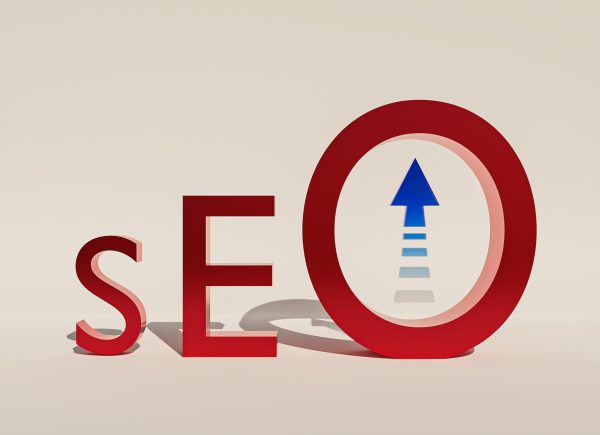
a red sign with a blue arrow pointing to the word SEO
What a Small Business Usually Pays for SEO
The cost of SEO for a small business can vary depending on the scope of the services and the level of competition in your industry. On average, small businesses can expect to pay anywhere from $500 to $5,000 per month for SEO services. Some businesses may pay a one time fee for an audit or a set of services, while others may opt for ongoing monthly plans. It’s important to choose an SEO provider that offers transparent pricing and tailored strategies that fit your business’s needs and budget.
Should You Pay for SEO for a Small Business?
Paying for SEO for a small business can be a smart investment for small businesses, especially if you want to grow your online presence and attract more customers. While it’s possible to do SEO yourself, hiring a professional can save time and ensure that your website is optimized effectively. SEO professionals have the experience and knowledge to improve your website’s rankings and visibility in search results. It’s important to carefully research SEO providers to make sure you’re getting value for your investment and that their strategies align with your business goals.
Can I Do SEO Myself for My Small Business?
Yes, you can do SEO yourself! Small business owners start with DIY SEO by learning the basics, such as keyword research, optimizing website content, and improving site structure. There are many online resources, tools, and tutorials that can guide you through the process. However, SEO can get complex as you dive deeper, especially with things like technical SEO and link building. If you’re willing to put in the time to learn and keep up with trends, doing SEO yourself is definitely possible. But, if you want faster results or more advanced strategies, hiring a professional may be worth considering.
Can I Do SEO Without Paying?
Yes, you can do SEO without paying! Many aspects of SEO, such as optimizing your website’s content, improving your website structure, and using free tools for keyword research, can be done at no cost. There are also paid tools and services that can make the process easier and more efficient. For example, using tools like Google Analytics or Google Search Console is free, but premium SEO tools like SEMrush or Ahrefs can provide more detailed data. While SEO without spending money is possible, investing in certain tools or services might speed up your success.
Is SEO a One-Time Thing?
No, SEO is not a one-time thing. It is an ongoing process. Search engine algorithms are constantly changing, and your competitors are always working to improve their rankings. This means SEO needs continuous updates to stay effective. Regularly adding fresh content, optimizing existing pages, and building new backlinks are all important parts of keeping your website ranking well. While you may see results after a few months, maintaining and improving your SEO efforts is important for long-term success.
Recurring SEO Tasks to Expect:
- Regularly Updating Content: Keep your website fresh and relevant by adding new blog posts, product descriptions, or updating existing pages.
- Optimizing Existing Pages: Periodically review and optimize current content for new keywords or SEO best practices.
- Building Backlinks: Consistently work on gaining quality backlinks to improve your site’s authority and ranking.
- Improving Site Speed: Ensure that your website loads quickly, as page speed is a key ranking factor.
- Monitoring Analytics: Use tools like Google Analytics to track performance and adjust your strategy based on user behavior.
- Adapting to Algorithm Changes: Stay updated on changes to search engine algorithms and adjust your SEO strategies accordingly.
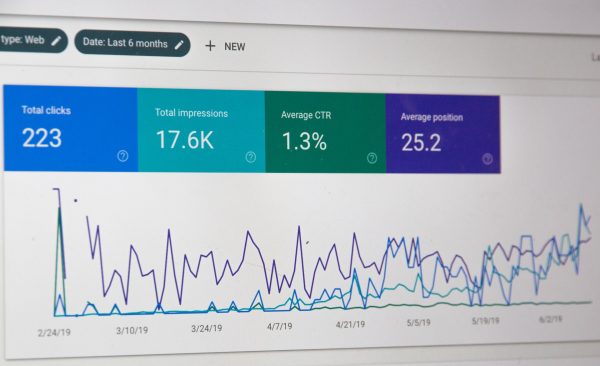
google search console screenshot
What is a Good SEO Score?
A good SEO score typically falls between 80 and 100 on SEO tools like Google’s PageSpeed Insights or other SEO audit tools. It’s also important to remember that an SEO score is just one metric. While a high score is great, it’s more important to focus on what it means for your website’s performance. A good SEO score usually indicates that your website is fast, mobile friendly, and optimized for search engines. SEO also involves many other factors, such as keyword rankings, backlinks, and content quality, that are just as important for improving your site’s visibility.
SEO for Small Businesses and Why SEO is Worth It
SEO is for small businesses that want to grow, build trust, and get noticed online. It’s more effective than paid ads because once your site ranks well for important search terms, it can bring in traffic without you having to keep paying for it. To succeed with SEO, businesses need to stay consistent, adjust to changes in search engine rules, and improve things like content, site speed, and mobile-friendliness. With the rise of AI and voice search, it’s important to stay updated on new trends to keep your site visible. A solid SEO strategy helps you stand out, build brand recognition, and create strong, lasting relationships with customers. Start working on your SEO today to get better rankings, more traffic, and long-term growth. Whether you do it yourself or hire an expert, the journey starts now!

